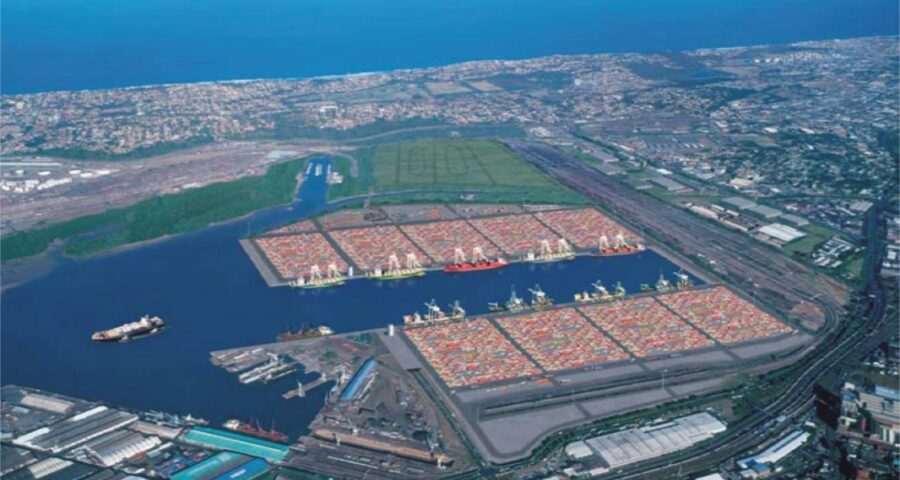PortEconomics members Thanos Pallis and George Vaggelas delivered a presentation on 4Ps (Public Private Partnerships in Ports): A Research Agenda at the Symposium “Public Private Partnerships in Transport: Trends and Theory Research Roadmap”. The Symposium was organised in Lisbon (January 13-15) under the EU funded P3T3 COST Action (Public Private Partnerships in Transport: Trends & Theory) in which ENPOS members have an active role.
The presentation identifies research gaps and by proposes specific research issues related to Public Private Partnerships in Ports (P4s). The accelerated by the advent of containerisation involvement of the private sector in ports is most frequently organised through concessions of port terminals. The paper presents some key research questions associated with this trend as applied in European ports. It does so by discussing briefly the core themes of a research agenda that has only recently started to emerge in some scientific groups (i.e. IAME, PPRN), and argues for the need of a dual research strategy that focuses on both (1) the economics of concessions processes, and (2) the institutional factors that affect the implementation of commonly endorsed generic solutions. It also argues for the usefulness of these themes to embed two research sub-contexts, namely (a) comparative studies of P4s and P3 in other transport modes, so as to verify the extent that ports truly stand as a unique case, and (b) studies aiming to understand the differentiations that might be present in different types of ports and port terminals (e.g. container, bulk, passenger terminals etc). Beyond generating scientific knowledge, the specific research agenda will inform the existing debate on potential European initiatives to address relevant issues faced by European ports.
More about the COST Action TU1001 on “Public Private Partnerships in Transport: Trends & Theory @ P3T3 website












